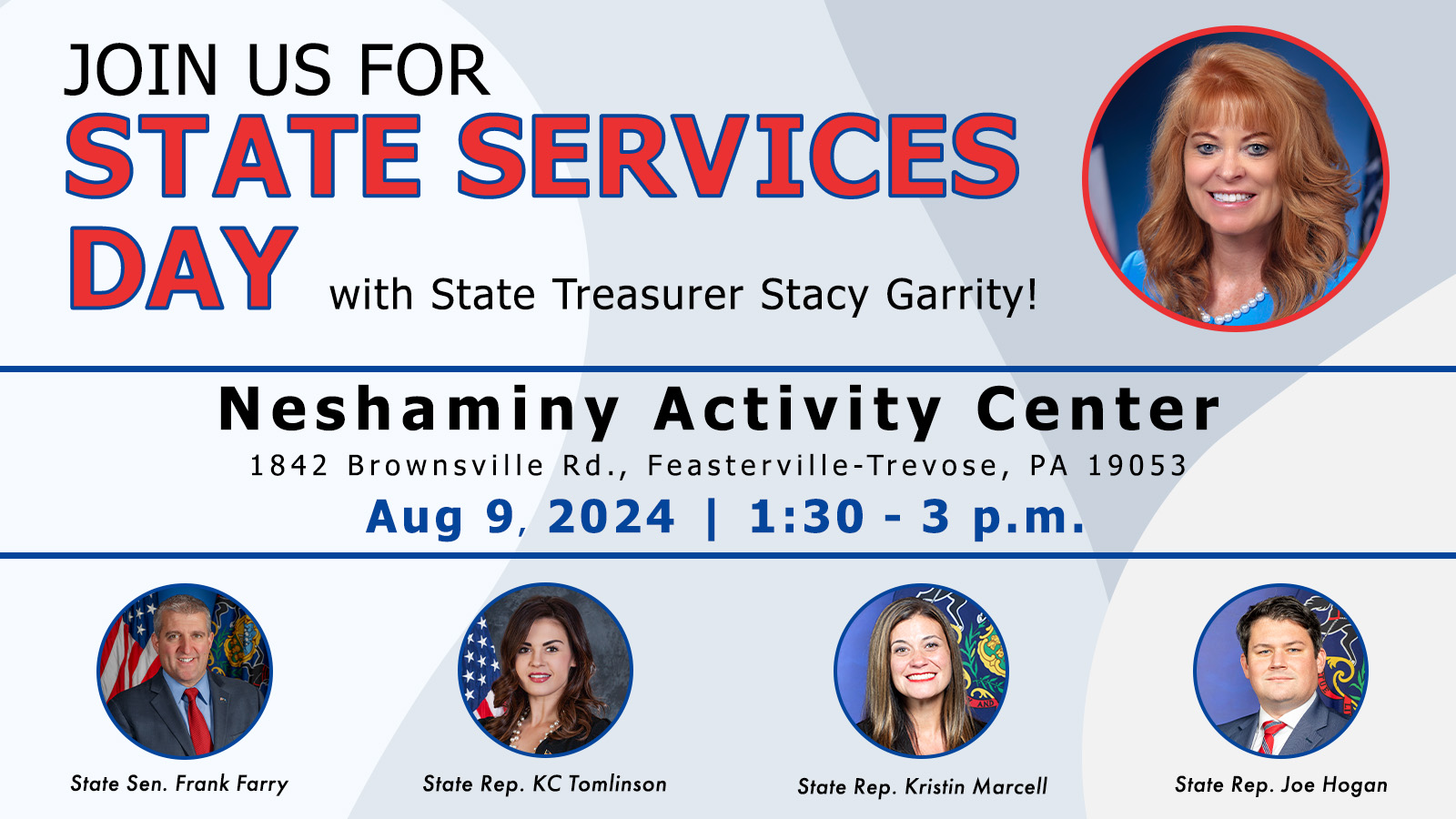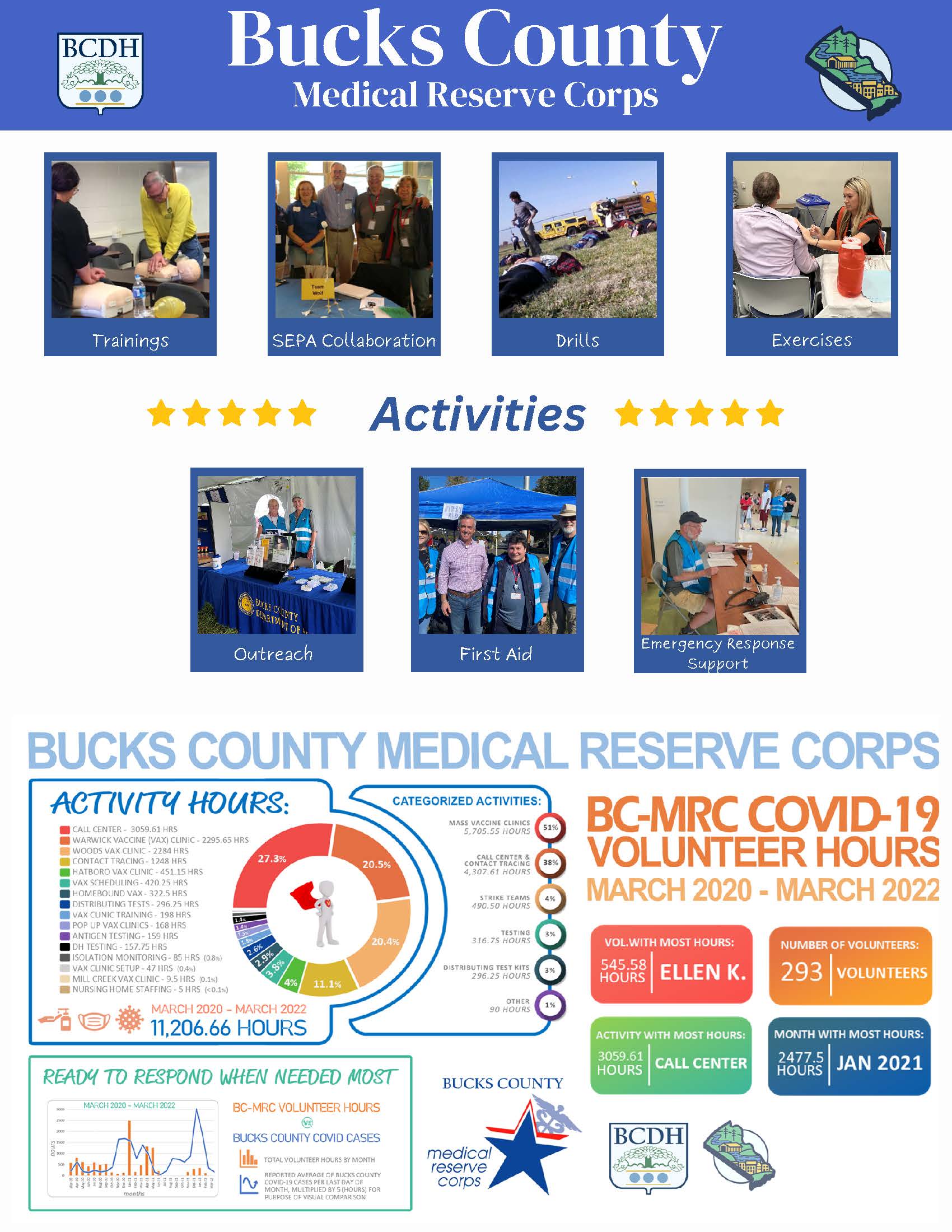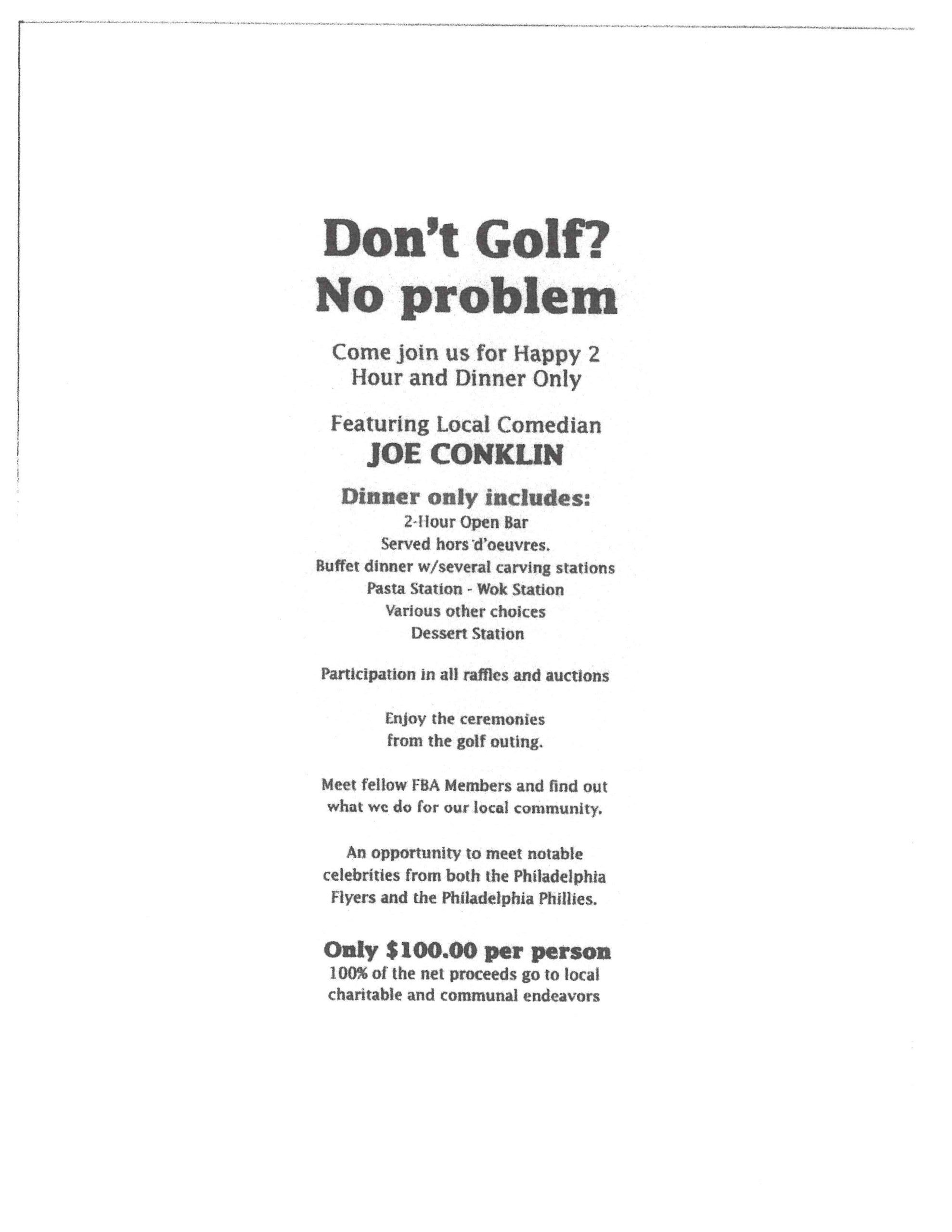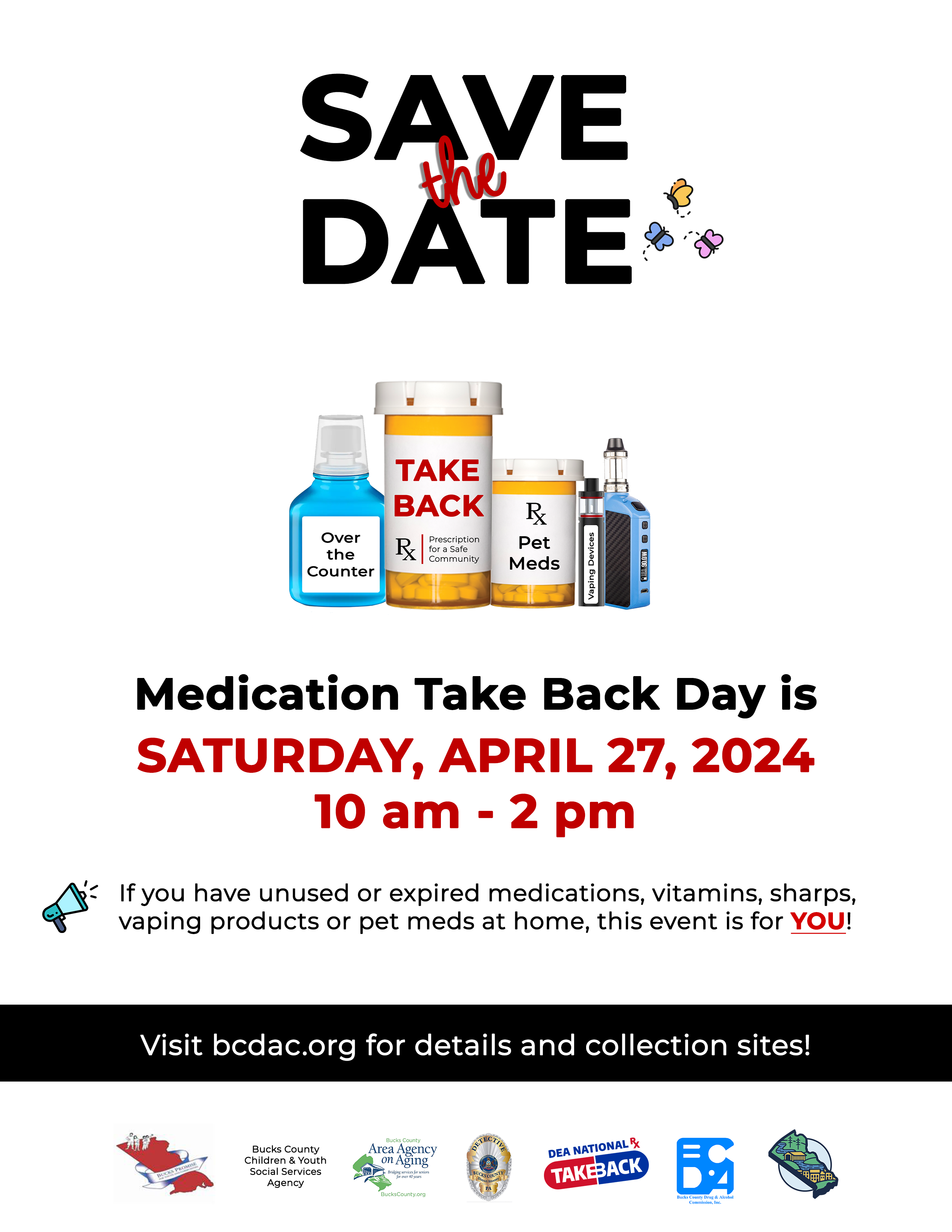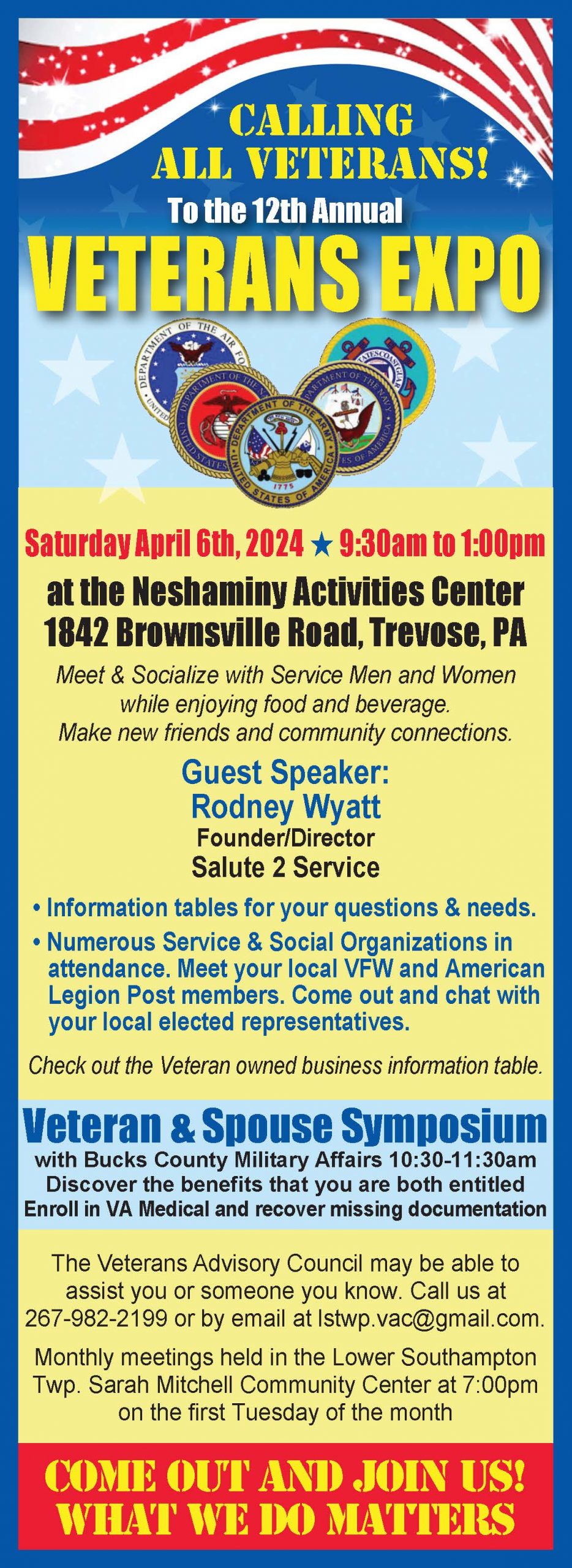Bucks County Home Repair Program
The Bucks County Home Repair Program (BCHRP) will begin accepting applications July 1. Pronounced like “bee-chirp,” BCHRP is a resource available to low-moderate income Bucks County homeowners that provides qualifying households with up to $50,000 for home repairs and modifications.
Bucks County aims to bring necessary repairs to between 120 and 150 owner-occupied homes. Common eligible repairs include roofing, plumbing, electrical systems, heating and accessibility modifications such as ramps and grab bars.
Applications will be accepted online until 11:59 p.m. Thursday, Aug. 15. Mailed applications must be postmarked by that date.
To assist with the application process, BCHRP will host two in-person application sessions:
- Thursday, July 11, from 2:00 p.m. to 7:00 p.m.
- Saturday, July 13, from 10:00 a.m. to 4:00 p.m.
These sessions will take place at Habitat for Humanity of Bucks County, 539 Jacksonville Road, #100, Warminster.
For more information about the program, including the in-person events, eligibility criteria and how to apply, visit the official Bucks County Home Repair Program website at BucksCounty.gov/BCHRP. Prospective applicants can also call the BCHRP Helpline at 267-899-6544.

